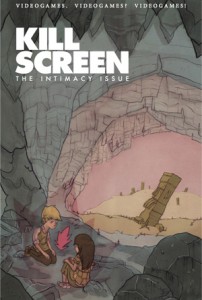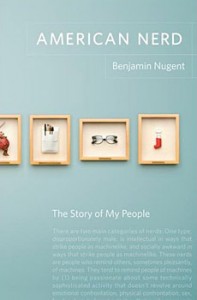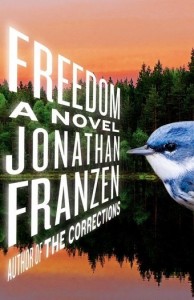 I care more about the ambitious Sigma Chi boy down the road’s plans for next year in his bid for house pledgemaster than I do about whom the editors of Rolling Stone think, this year, are, in order, the top 100 guitarists of all time. It is the exact sort of non-journalistic ad-seller that makes me pine for the demise of magazines that’s not coming as quickly as those prognosticating the end of newspapers seem to claim. There’s nothing to be said about RS‘s actual list, except guess where they ranked Jimi fucking Hendrix.
I care more about the ambitious Sigma Chi boy down the road’s plans for next year in his bid for house pledgemaster than I do about whom the editors of Rolling Stone think, this year, are, in order, the top 100 guitarists of all time. It is the exact sort of non-journalistic ad-seller that makes me pine for the demise of magazines that’s not coming as quickly as those prognosticating the end of newspapers seem to claim. There’s nothing to be said about RS‘s actual list, except guess where they ranked Jimi fucking Hendrix.
Here, though, are the letters RS claims in its 19 Jan 2012 issue to have received, which are, alone, a source of robust comedy:
THANK YOU FOR THE 100 Greatest Guitarists issue [RS 1145]! In a time when we find ourselves so preoccupied with political, economic and climate-change woes, it was so cool just to kick it all aside and read up on and debate some real heroes [sic]. I may not agree with some of the rankings or omissions, but I felt your four choices for the covers said the most. Those guys rocked the world like no one else. —Jeffrey Gennett, via the Internet
I WAS IMPRESSED WITH THE group of judges you assembled. The results were dynamic [sic]; it was great to see musicians reflecting on fellow guitarists who influenced them. —Andy Olavarria, McCall, ID
I SPENT AN AFTERNOON completely obsessed with the “100 Greatest Guitarists” list. Absolutely nourishing stuff! It was brilliant [sic] to put together a diverse panel of players, have them vote and gather the stories about why their world was moved by another musician. —Kevin Bedard, Pine, CO
I’VE READ YOU SINCE I WAS a young twerp with braces. Now I’m an older twerp who plays drums in a band. I was very disappointed to see that your list reeked of sausage. Where was Maybelle Carter and Carrie Brownstein? Where the ladies at? —Rebecca DeRosa, Brooklyn
I AM FLATTERED AND A LIT-tle astonished to be included in your “100 Greatest Guitarists” list. I wanted to point our, however, that Wilco’s song “Spiders (Kidsmoke),” singled out as one of the examples of my work, actually features extended guitar forays by our leader, Jeff Tweedy, not me! I wasn’t even in the band when that song was recorded. Got to give credit where credit is due. But thanks, everyone. —Nels Cline, Number 82, Wilco lead guitarist [emphasis added]
Two lessons, here. One, never listen to what a male Rolling Stone reader has to say. Two, don’t subscribe to three years of RS on supercheap Web discount because you think it’ll help you stay connected to what’s going on in music these days.

















